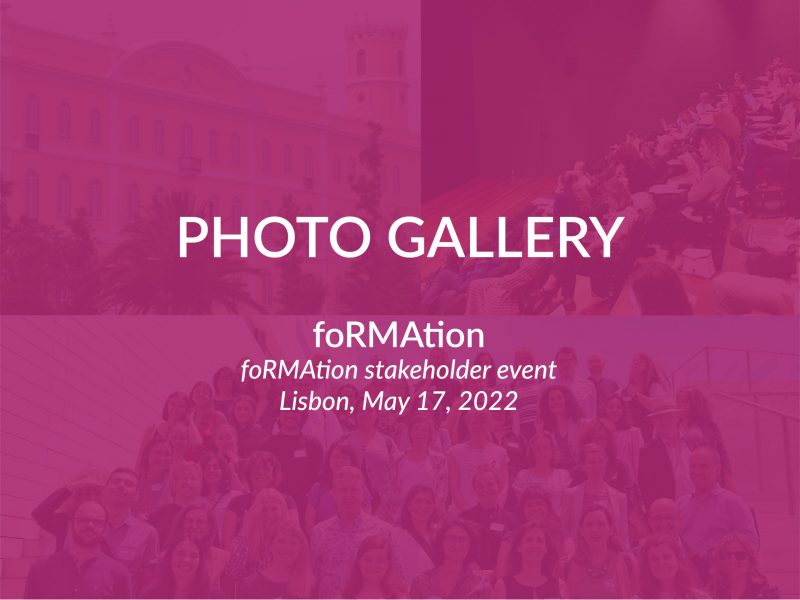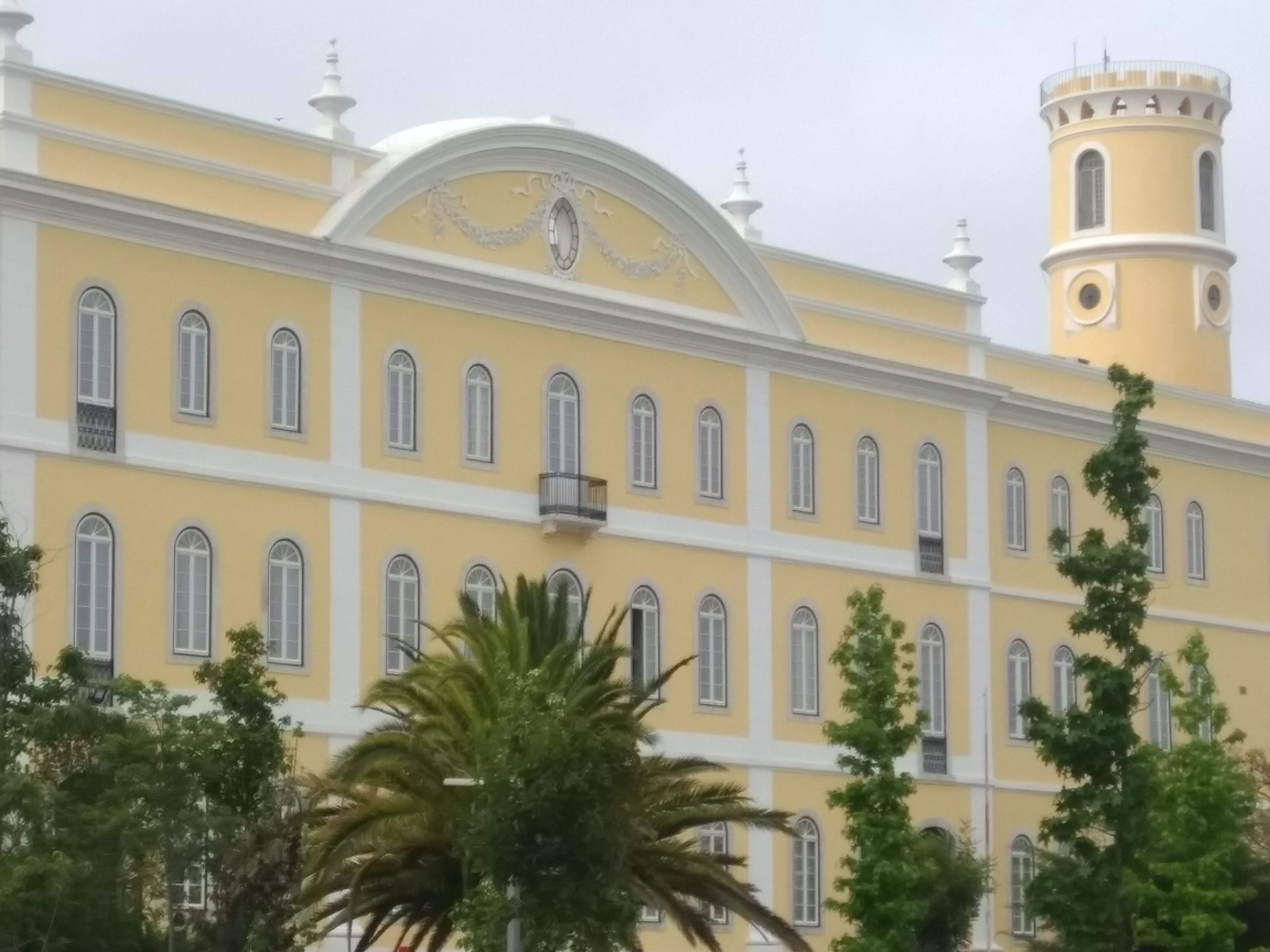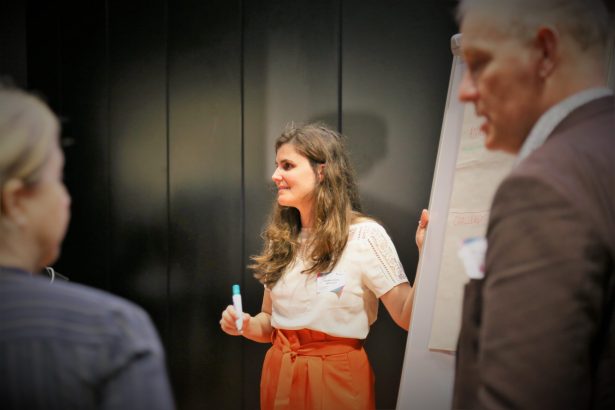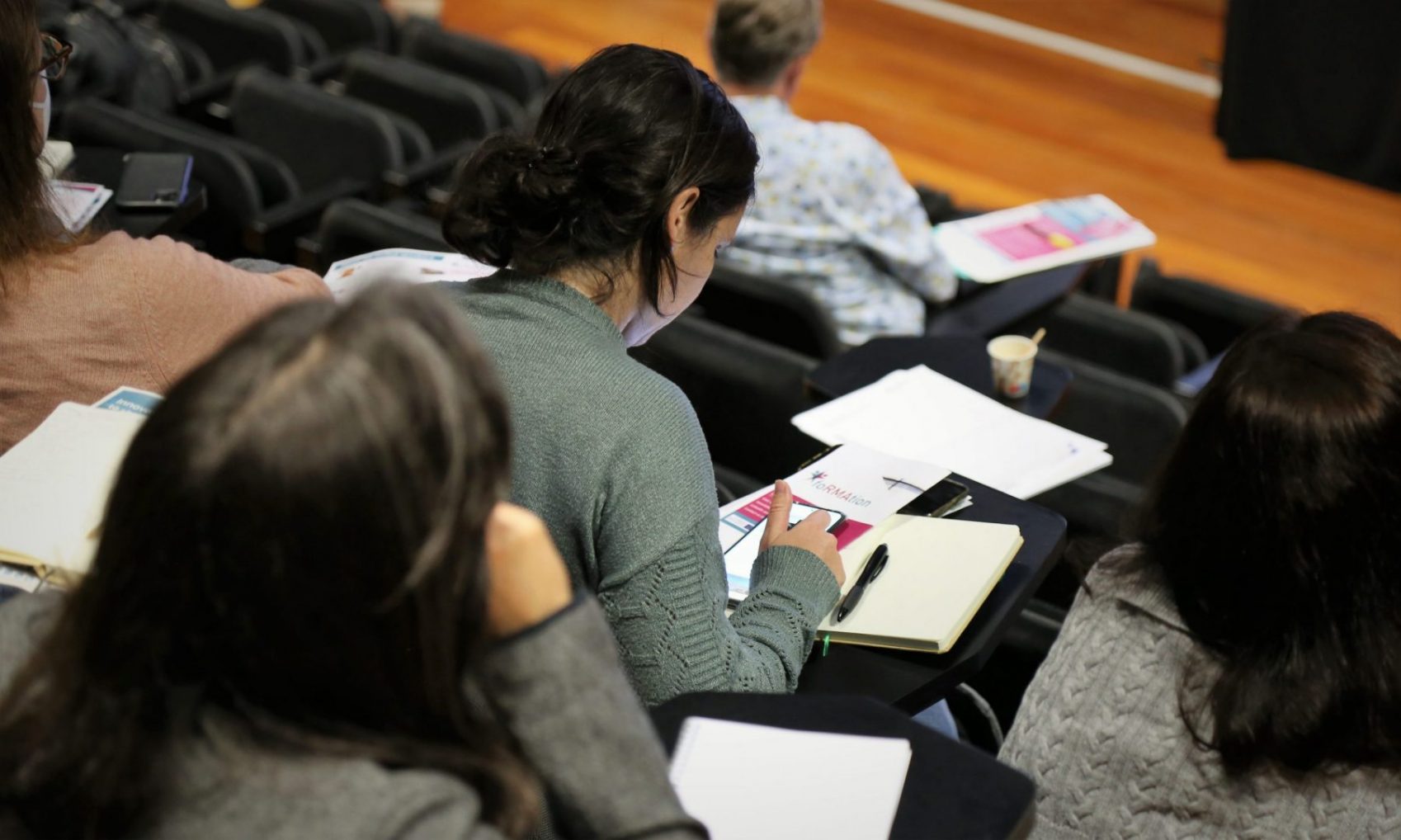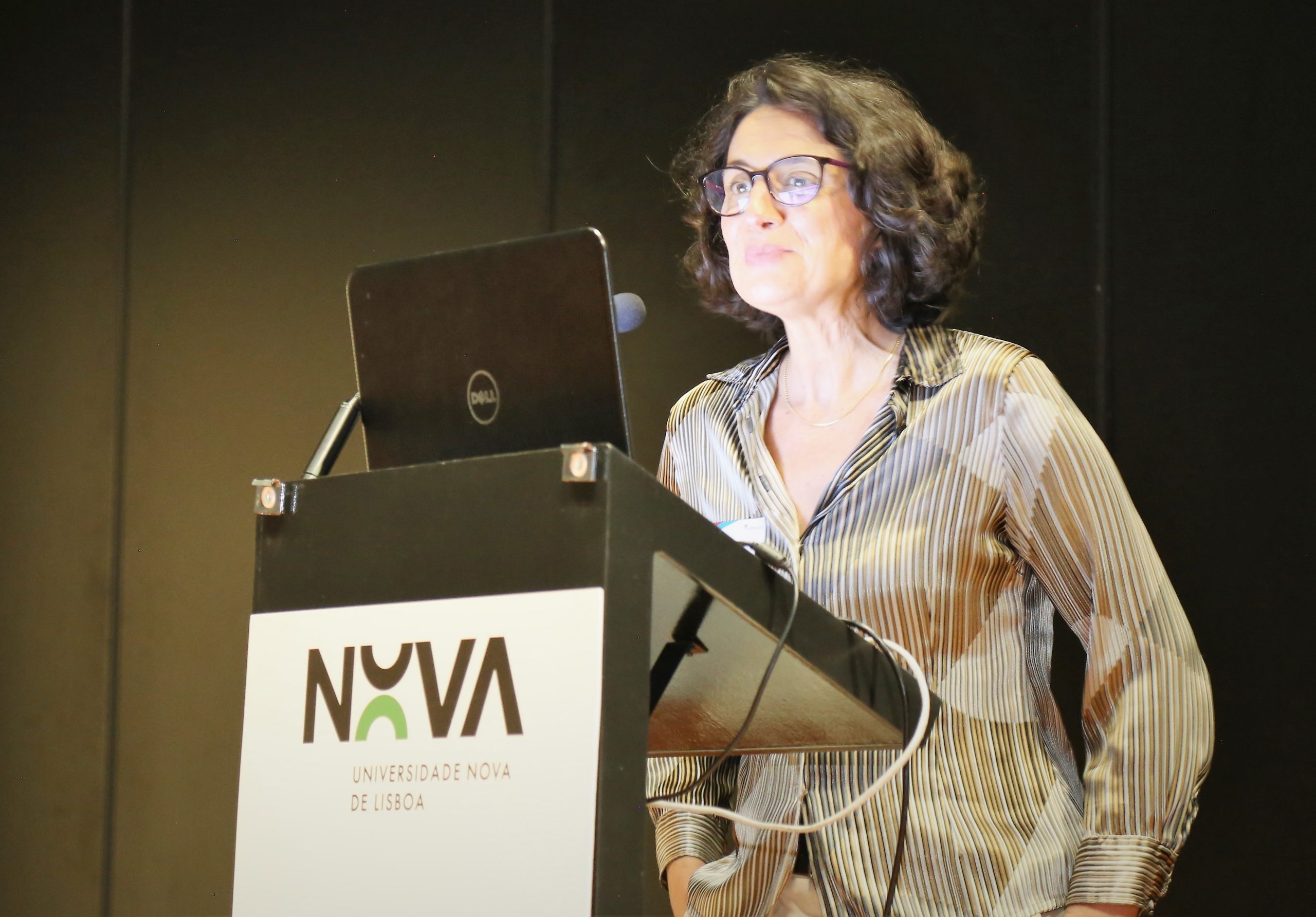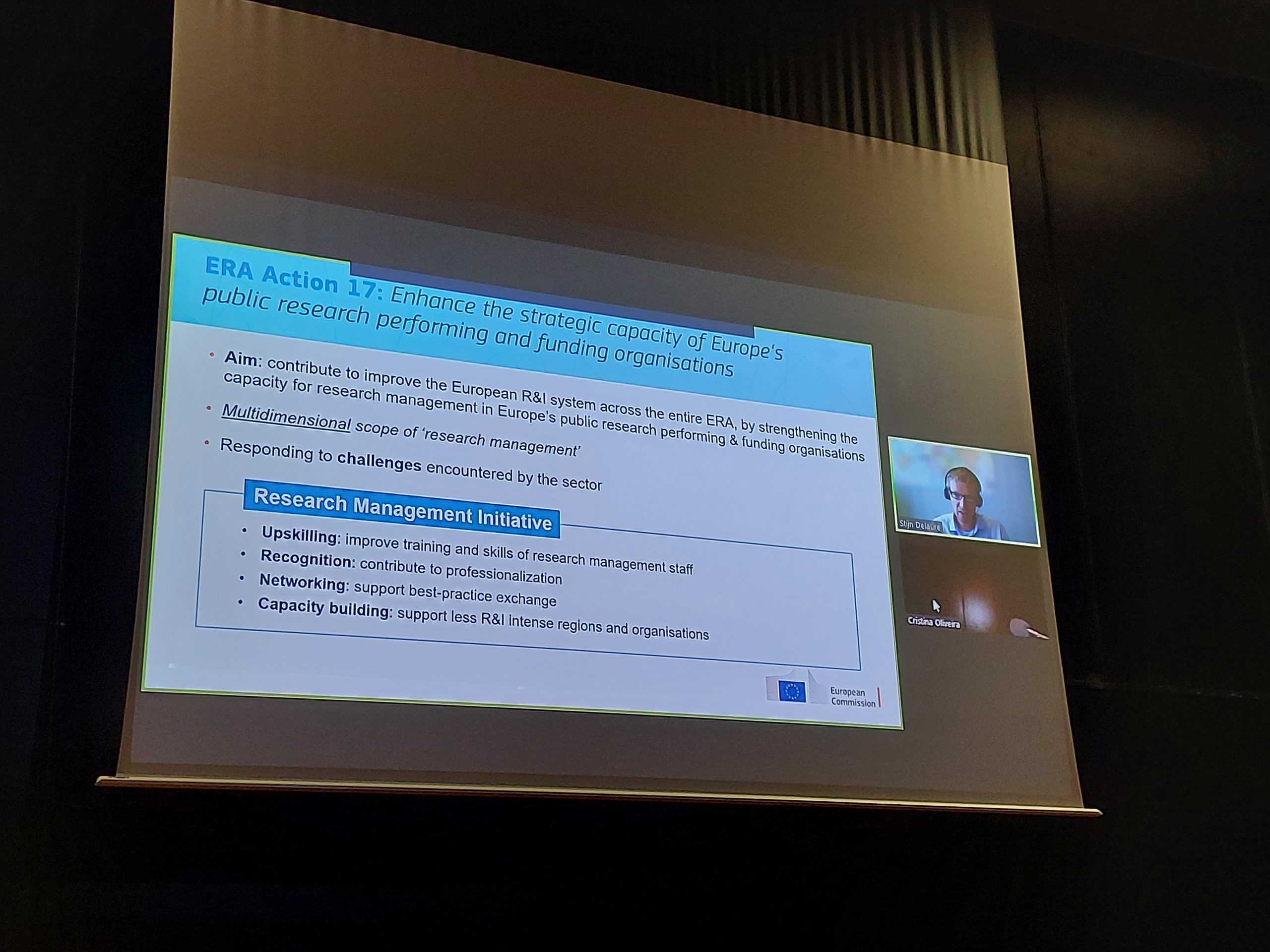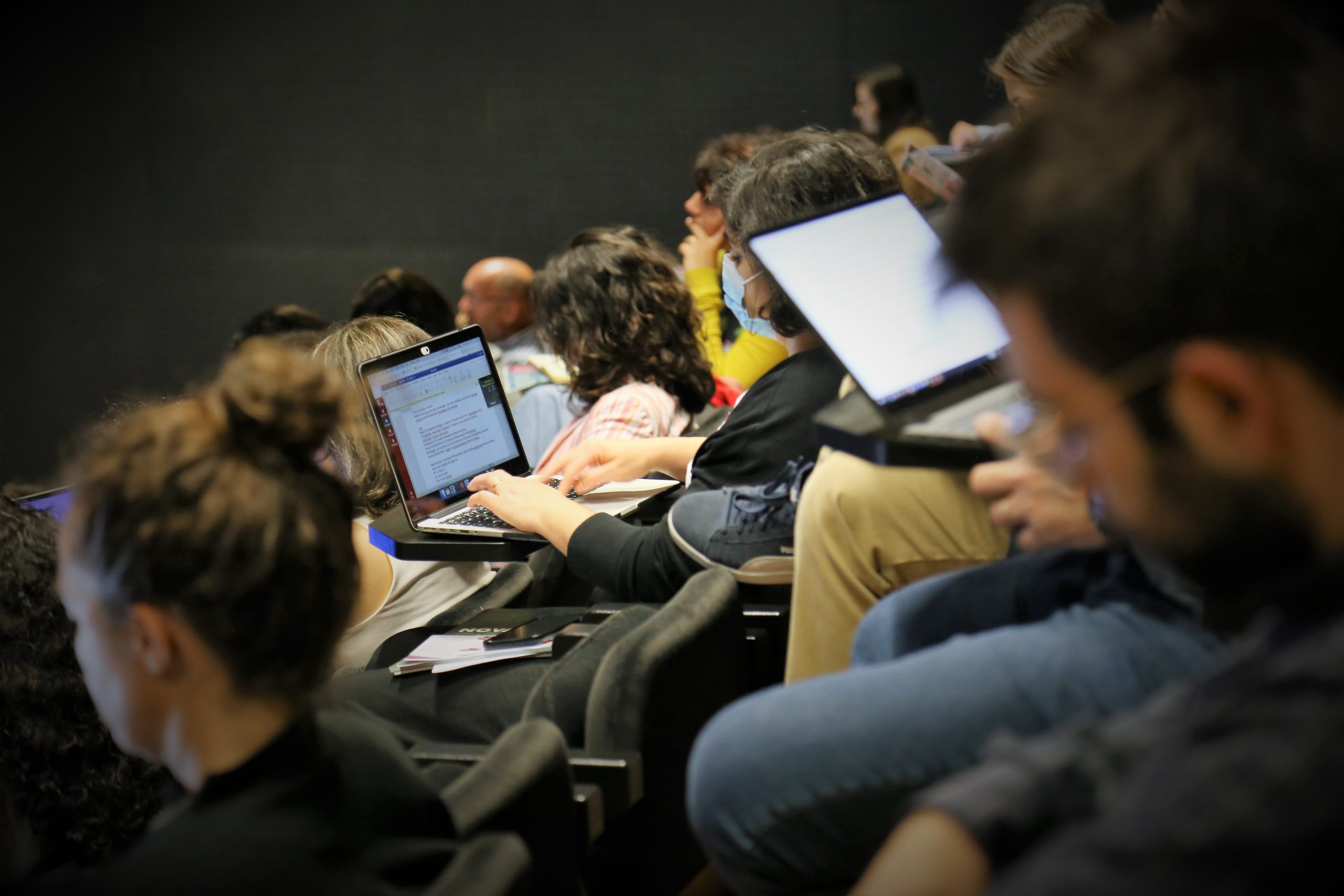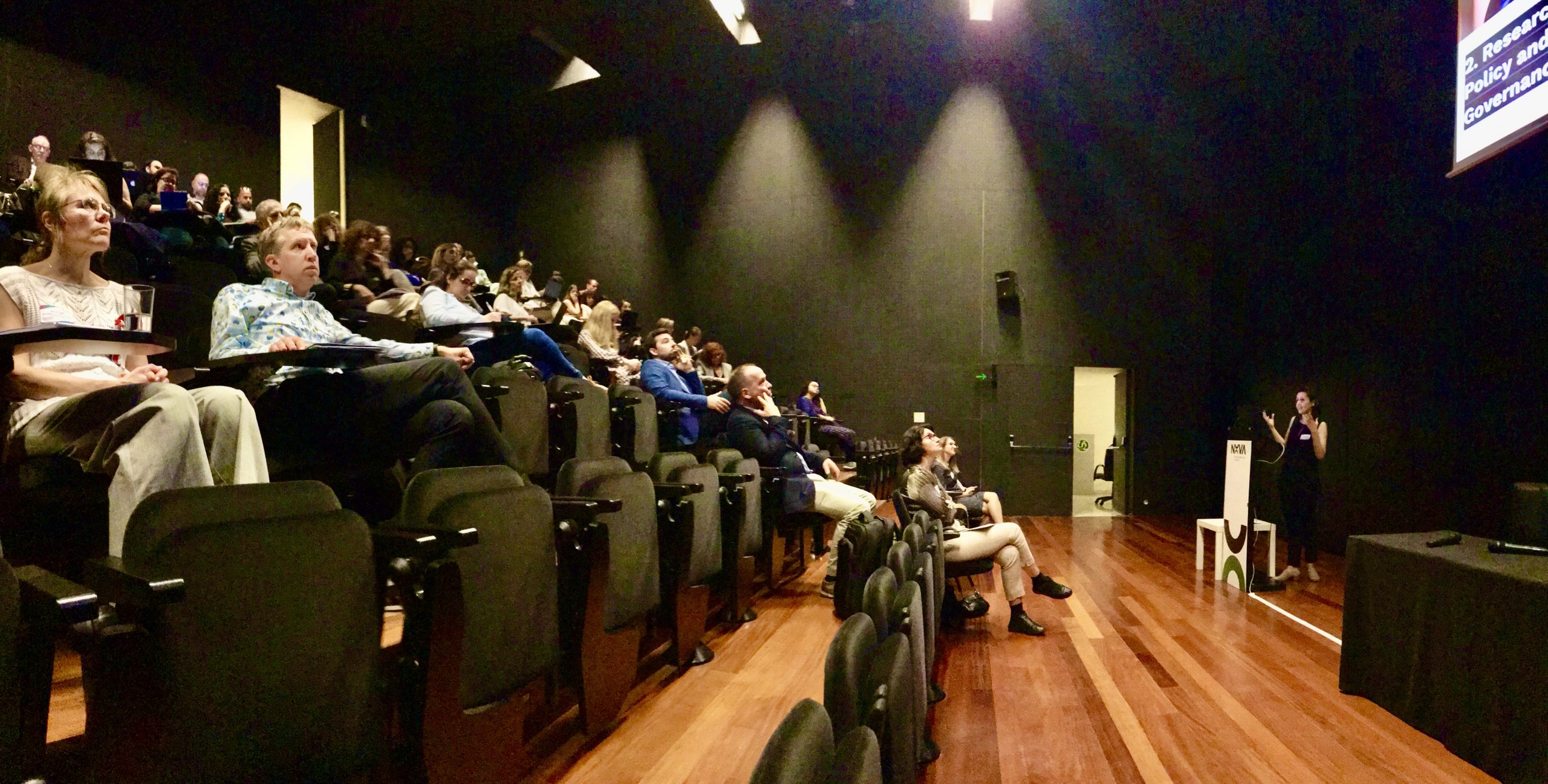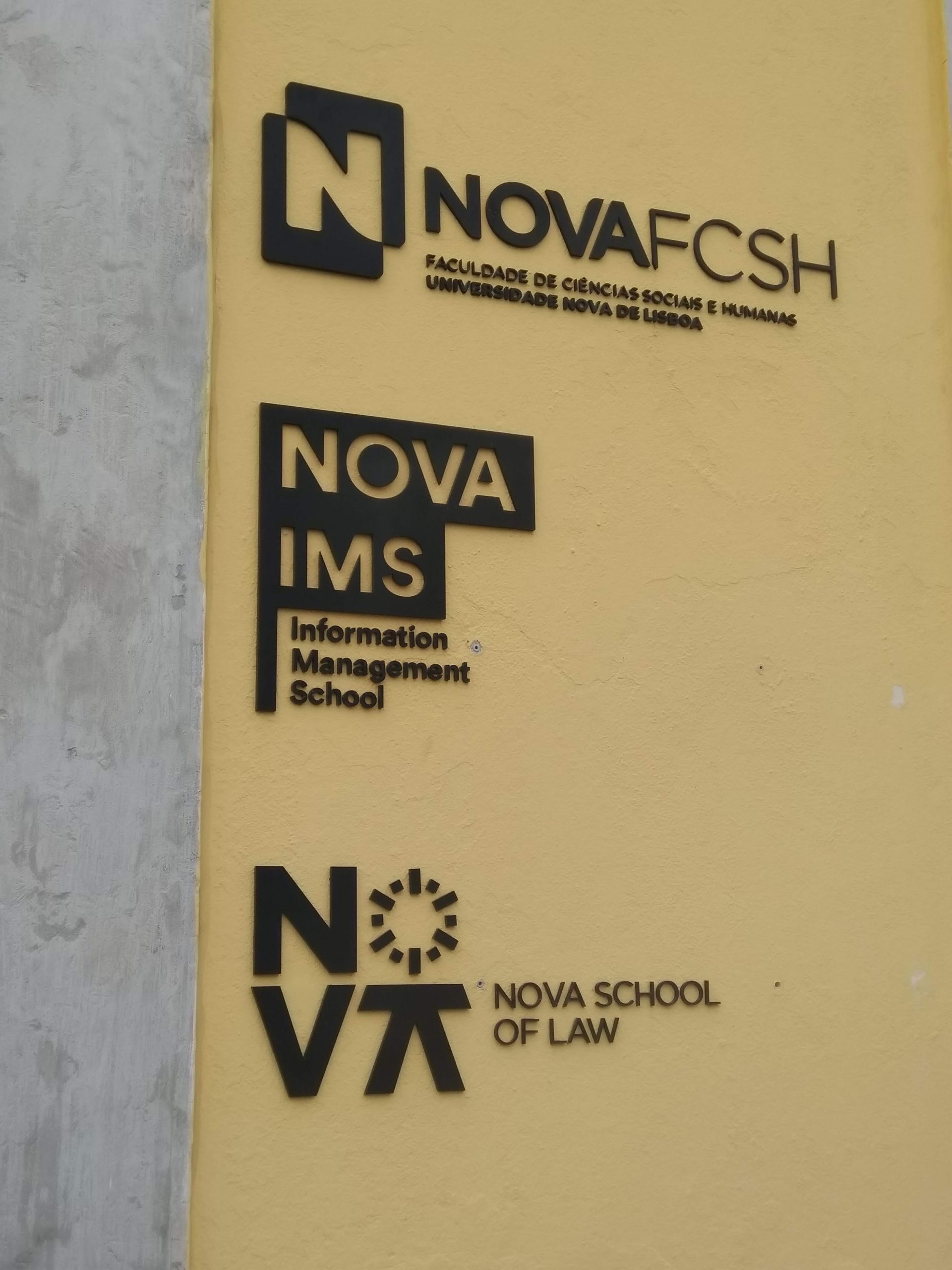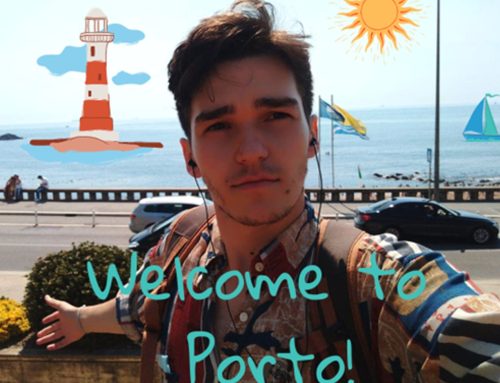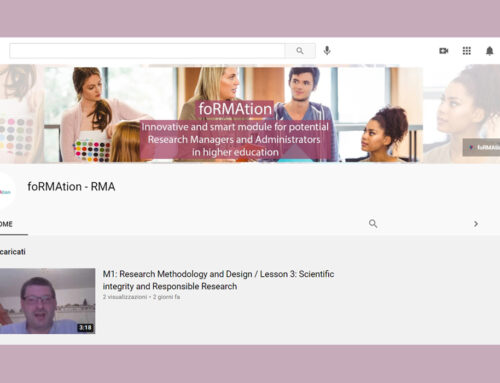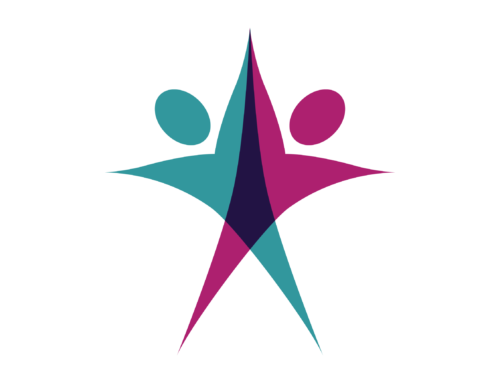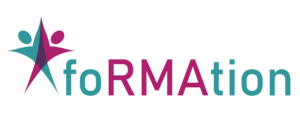foRMAtion stakeholder event – Lisbon, May 17, 2022
Executive Summary + World Café Conclusions and Policy Recommendations
On May 17th 2022, the first stakeholder event of the foRMAtion project Innovative and smart module for potential Research Managers and Administrators in higher education (HE), was organized at Universidade Nova de Lisboa. The event aimed to present the new international module created and tested by the project and to discuss worldwide training offers on Research Management and Administration (RMA). More than 80 Portuguese and international participants had the opportunity to meet and network at the event: research managers, Higher Education experts, professors, teachers, trainers and policy-makers came together from 20 countries, not counting the special speakers who joined online from overseas. Important stakeholders such as the European Commission, the European Association of Research Managers and Administrators (EARMA), the India Research Management Initiative (IRMI), and the Platform of Interface of Science (PIC) also participated in the event.
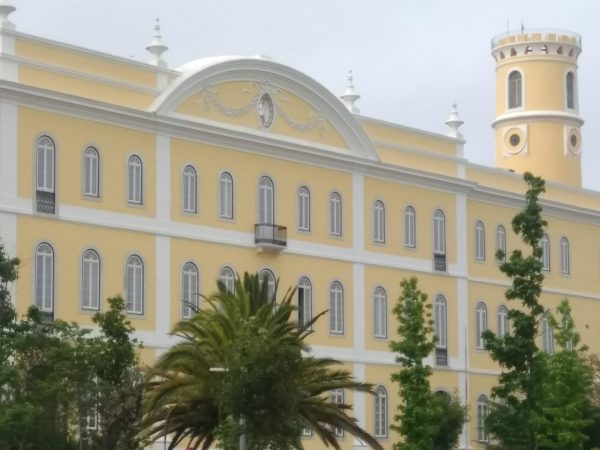
The ERA Policy Agenda and its relevance to RMAs
Stijn Delauré, Policy Officer in the R&I Actors and Research Careers unit of the European Commission’s DG Research and Innovation delivered the keynote speech about the implementation of the ERA Policy Agenda, with special regard to the Research Management Initiative whose implementation needs the support of Member States in the upcoming month. He also shared information about current and upcoming calls for proposals providing opportunities for the enhancement and recognition of the RMA profession in the EU.
The innovative foRMAtion curriculum & teaching material
The foRMAtion project, its objectives, participating partners and results achieved so far were introduced by Judit Fekete Project Manager from HÉTFA Research Institute, Hungary, the coordinating organisation of the project. Universities and other Research Performing Organizations (RPOs) interested in using the project outputs have been invited to join the foRMAtion Module Alliance and the foRMAtion Mentorship Alliance to benefit from train-the-trainers and networking opportunities.
Judit Fekete’s presentations 1, 2
Cristina Oliveira, Chair of the conference and Head of NOVA FCSH Research Funding Office explained the major topics covered by the 4 innovative international modules targeting HE students. Besides providing up-to-date knowledge on the RMA profession, the program aims to develop the technical and transferable skills of students. The modules have been piloted successfully for a whole semester through face-to-face classes, as well as in an online and blended learning environment at 3 universities with 70 students. The quality and relevance of the courses have been already recognized by the international Blended Learning Award.
Cristina Oliveira’s presentation
Eva Kőváriné Ignath, PhD, Senior Lecturer, and Lídia Vinczéné Fekete, Education Methodology Advisor from Corvinus University of Budapest presented the foRMAtion teaching methodological material targeting teachers. Detailed lesson plans have been offered along with a variety of methods. The overall program is practice-oriented: the problem-based learning allows students to get to know about RMA daily tasks via real-case problems, using digital tools, gamification, role play, teamwork or interaction with invited RMA guests. Students’ works from NOVA and Corvinus University are available on the project’s website and speak for themselves!
Round table debate: opportunities for RMA training around the world
The highlight of the event was a truly international roundtable debate – moderated by Margarida Trindade, Head of NOVA ITQB Science Funding Office – with outstanding RMA experts from the US, Australia, South Africa, Norway and Portugal. The discussions offered the widest possible overview of currently available RMA training options worldwide.

- Astrid Vigtil, Chair of the EARMA Professional Development and Recognition Committee, presented the EARMA Professional Training opportunities for early-stage RMAs (ESRAM), the Certificate in research management (CRM) and the Leadership events (LE) offered primarily to the European community of research managers. Presentation
- Angela Jones, Ph.D., Director of the Master and Graduate Certificate of Research Administration Program at the University of Central Florida, described the 2-year master’s and the 1-year graduate program they offer online. Presentation
- Mark Hochman, Director of Research Management Resources Pty Ltd., SRAI Distinguished Faculty, Australia, explained that the RMA profession can be learnt mostly on-the-job (70%), from peers (20%) and from training (10%). SRAI offers a certificate program, intensive trainings and an online micro-credential program (LevelUP). Presentation
- Therina Theron, Senior Director, Research and Innovation at Stellenbosch University, South Africa presented the StoRM Erasmus+ project, the postgraduate diploma and the executive MA in RMA, offered as online programs and tailored to the research landscape in Africa. Presentation
- Joao Cortez, Research and Innovation Funding Advisor at the Universidade Católica Portuguesa gave an insight into the 2-semester postgraduate program in Management and Policies in Science and Technology offered at NOVA University since 2019. Presentation
World café: future scenarios for the foRMAtion course
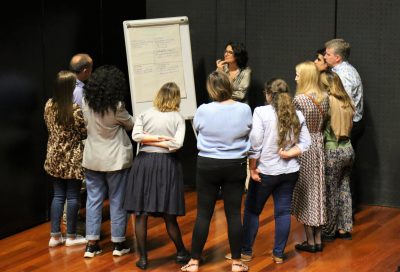
The event was closed with an interactive world café to explore the adaptability and transferability of the foRMAtion modules to different target groups and purposes. For each scenario, the groups discussed potential approaches, the added value, the challenges and sustainability models. The scenarios that were put forward for discussion were:
- Scenario #1 From an elective to a formal course
- Scenario #2 Early Stage Career RMAs
- Scenario #3 International Course
- Scenario # 4 Open scenarios
Main conclusions:
- A clear need for training in Research Management was highlighted targeting multiple audiences: students, researchers (early-stage to leaders), early-career RMAs, funders, and other stakeholders in R&I;
- Some distinctive aspects of foRMAtion training could be easily transferred: helicopter view of the RMA profession, integrating RMA in the students’ early career planning, publicly open teaching resources and contents;
- There is a clear added value to providing training with an international scope, namely providing trainers and trainees’ networking opportunities, promoting a global and multicultural view of the profession, increasing recognition of the profession and contributing to streamlined RMA practices;
- There is a multiplicity of formats to provide training that is potentially sustainable in different settings and with niche markets (i.e. online courses with micro-credentials, joint international courses, etc.)
- In academic contexts, the lack of formal recognition of the profession and recognising RMAs teaching may hinder the implementation of sustainable training in RMA.

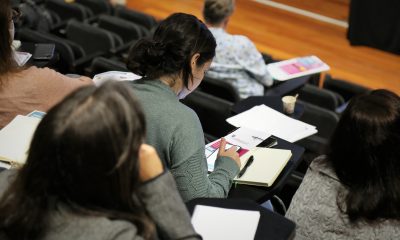
Take-home message
«It is no longer possible to achieve Excellence in Research without Excellence in Research Management.»
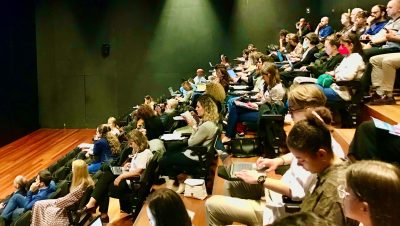
Policy recommendations
1. The development of a comprehensive European Framework for Research Careers (ERA Action 4.) should ensure a broader overview of the Careers in Research, including the diversity of profiles in RMA. That will boost the recognition of the competencies of RMAs at both national (governmental) and institutional levels.
2. Creation of the European Charter and Code of Conduct for Research Managers and Administrators. Following the example of the HR Excellence in Research Award, create one HR Excellence in Research Management.
3. Within the scope of the ERA Research Management Initiative (ERA Action 17.), different funding schemes should open their actions/opportunities to RMAs in public and private RPOs, namely in terms of the professional development of individuals (ex. Marie Curie Actions, ERA Talents), networking and training (targeted COST Action, ERASMUS+) and institutional capacity-building (WIDERA, Pillar 2- targeted CSA, University Alliances).
4. Long-term investment is needed to reinforce the skill development and capacity-building in Research Management support of the public and private Research Performing Organisations, namely funding for: careers in RMA (linear, non-linear, career diversification), the creation/ maintenance of/ development of research facilitators teams/ offices, and the development of a diversified set of training offers on RMA related topics (for students, researchers, early-career RMAs, and other stakeholders in R&I).
Many thanks to all the speakers and participants for their contributions and to the wonderful organising team of NOVA FCSH!
To learn more about the project and its results explore the foRMAtion’s webpage


